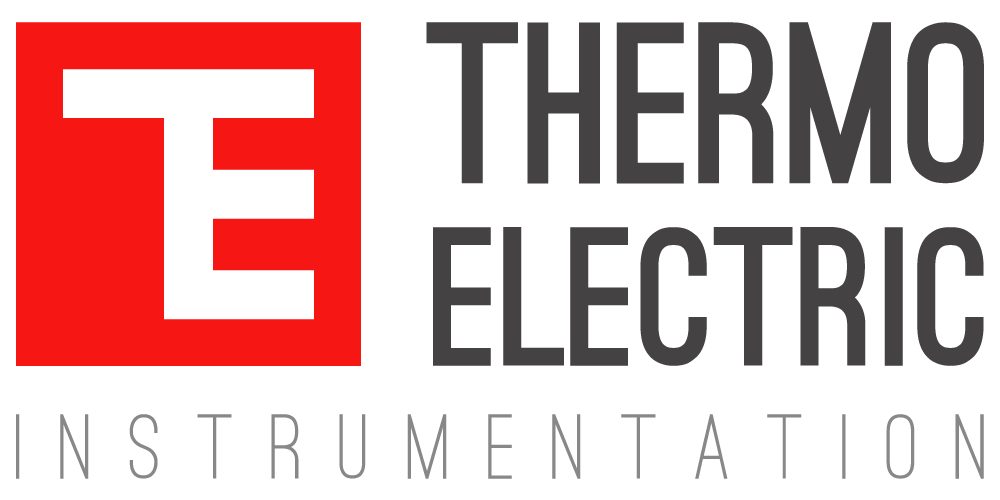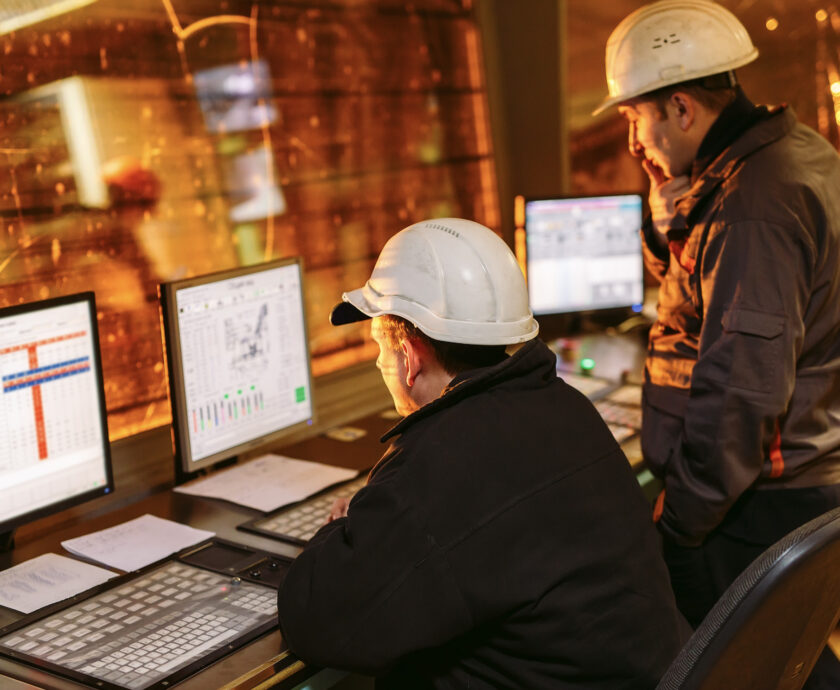Temperature measurement is critical for many industrial processes, including oil & gas, power generation, manufacturing, and process control. By accurately measuring temperature, we can optimise performance, improve efficiency, and ensure safety. With the advent of new technologies and innovations, the temperature sensing industry has seen significant advancements in recent years.
One of the major advancements in our sector is the introduction of smart technology. This uses digital sensors and advanced algorithms to provide real-time temperature readings with high accuracy and reliability. Unlike traditional thermocouples, smart thermometer technology can be integrated with other digital systems, such as the Internet of Things (IoT), to provide real-time temperature data and insights.
Another important development in temperature sensing technology is the introduction of wireless temperature sensing solutions. Wireless temperature sensors can transmit temperature data wirelessly, eliminating the need for hardwired connections and helping to reduce the cost and complexity of temperature measurement systems. Wireless temperature sensors are also more flexible and easier to install than traditional temperature sensors, making them ideal for use in a wide range of applications.
The advancements in temperature sensing technology are also driving innovations in other areas, such as materials science and manufacturing.
For example, new materials and manufacturing processes are being developed to produce temperature sensors that are more accurate, reliable, and durable.
The driving force behind this progression is the harsh operating conditions found in many industrial processes, such as high temperatures, corrosive environments, and high levels of vibration, which can cause traditional temperature sensors to fail, resulting in inaccurate temperature readings and even equipment damage.
Which is why our research and development team at Thermo Electric is constantly evaluating new materials and production methods for temperature sensors that can withstand these high temperatures and harsh environments.
This has been a key focus of our company for many years and has resulted in our specialist range of temperature sensors made from advanced materials, such as high-temperature-resistant ceramics or metals, that can withstand extremely high temperatures without degradation, making them ideal for use in harsh industrial processes.
One example of this is our Thermo Electric tube skin thermocouple. This sensor is engineered from high-temperature-resistant materials and is designed to be installed directly on the surface of high-temperature equipment, such as heaters or furnaces. The tube skin thermocouple is able to measure temperature accurately and quickly, making it an ideal solution for temperature measurement in harsh environments.
Thermo Electric Instrumentation has been a key player in the development of both high-temperature sensors and temperature sensors that are specifically designed to work in corrosive environments.
These sensors are typically manufactured from materials that are resistant to corrosive substances, such as stainless steel or nickel alloys.
The corrosion-resistant sensors are able to provide accurate temperature readings even in harsh, corrosive environments, making them ideal for use in chemical processing and other similar applications.
The advancements in temperature sensing technology are also driving improvements in the efficiency and performance of industrial processes. By providing real-time temperature data and insights, temperature sensors are enabling plant operators to optimise process control, reduce fuel consumption, and lower emissions. This is especially important in power generation, where accurate temperature measurement is critical for optimising the performance of gas turbine engines.
So where are we heading?
Advances in materials science and manufacturing techniques are expected to continue to lead the way in the development of temperature sensors that are more accurate, reliable, and durable. Along with the development of new materials, technologies, and innovations, Thermo Electric Instrumentation will continue to play a critical role in optimising performance, improving efficiency, and ensuring safety in a wide range of industrial processes.




